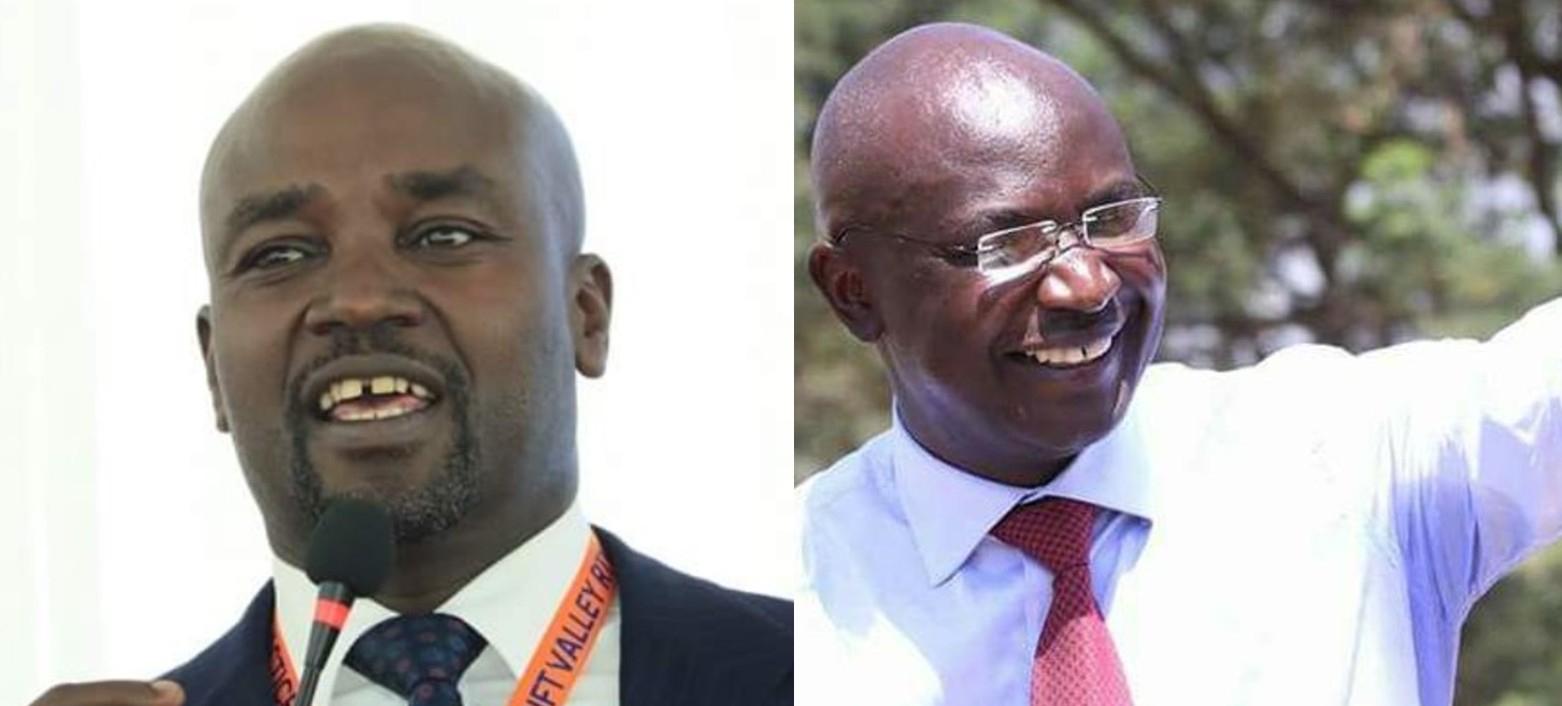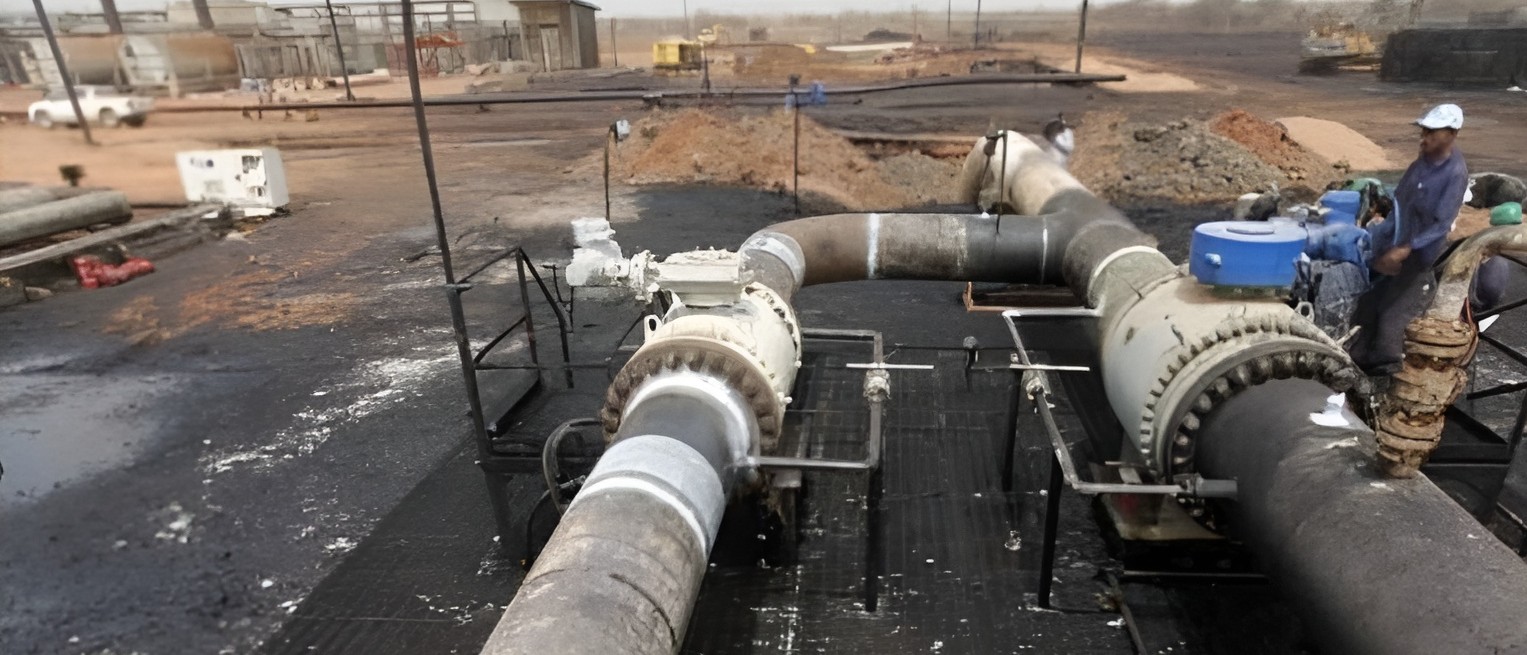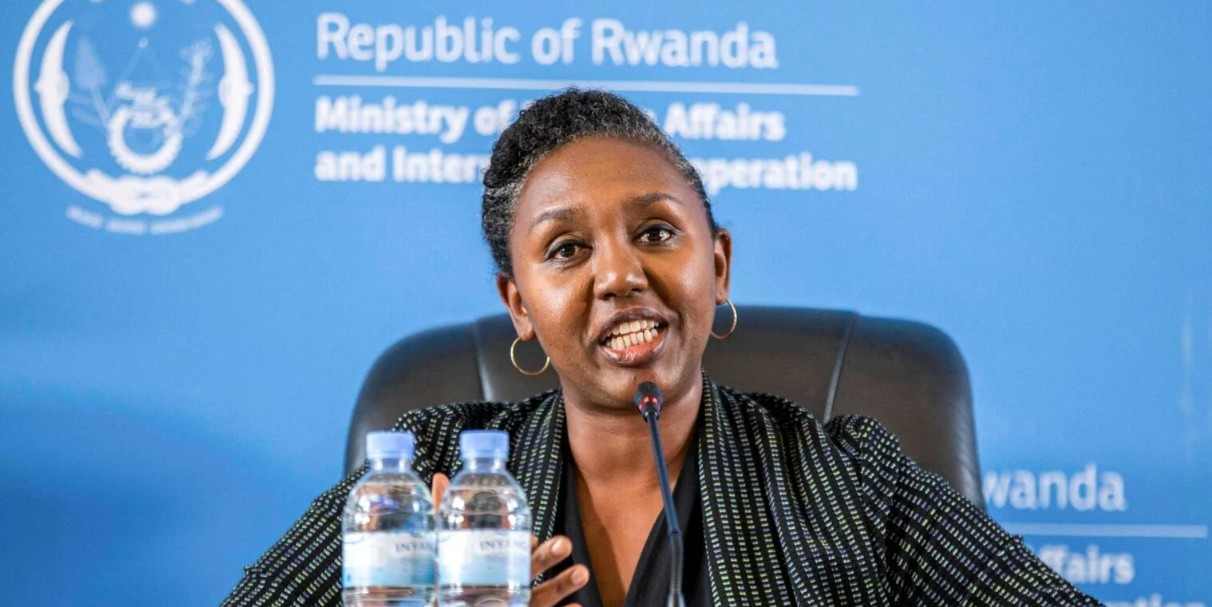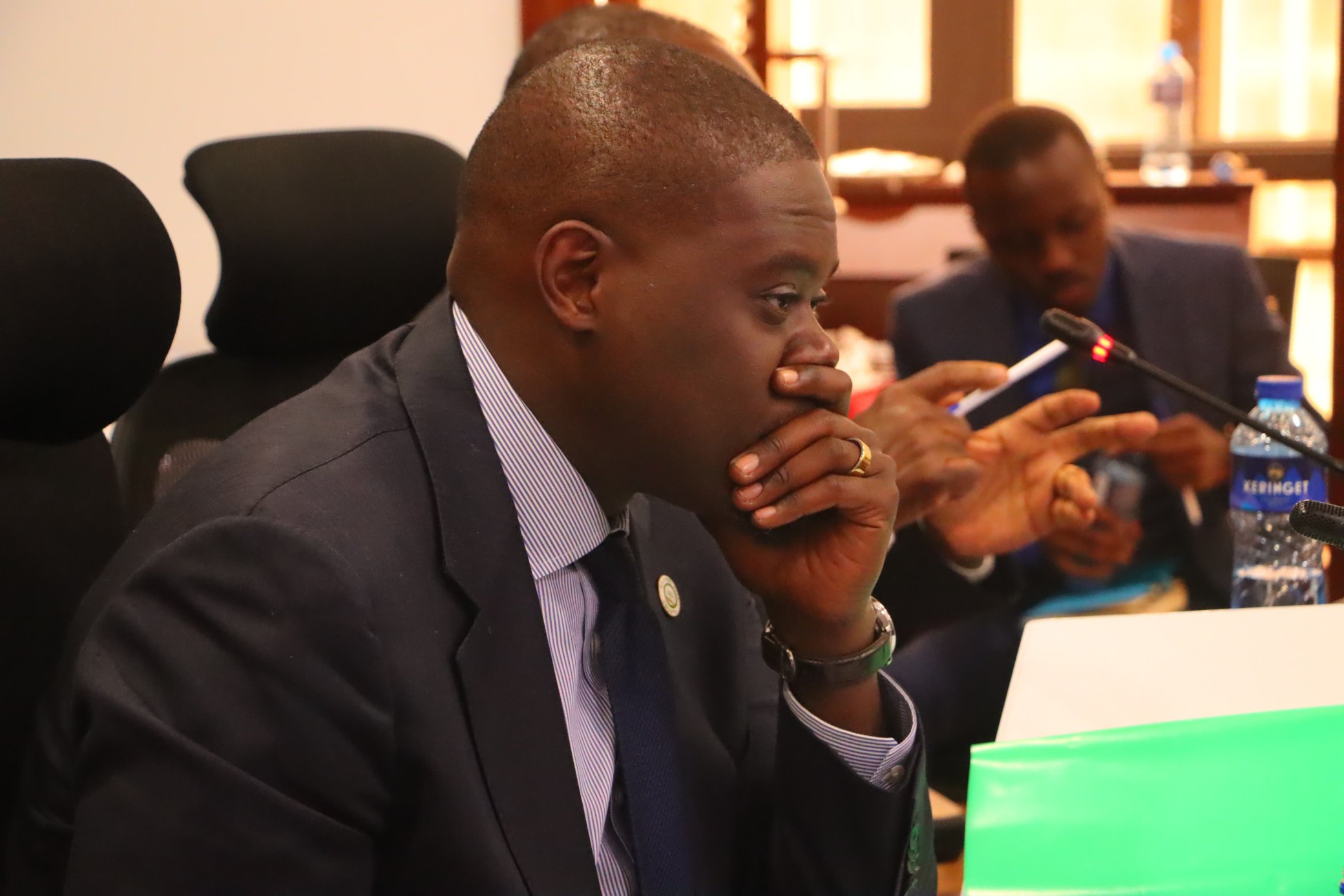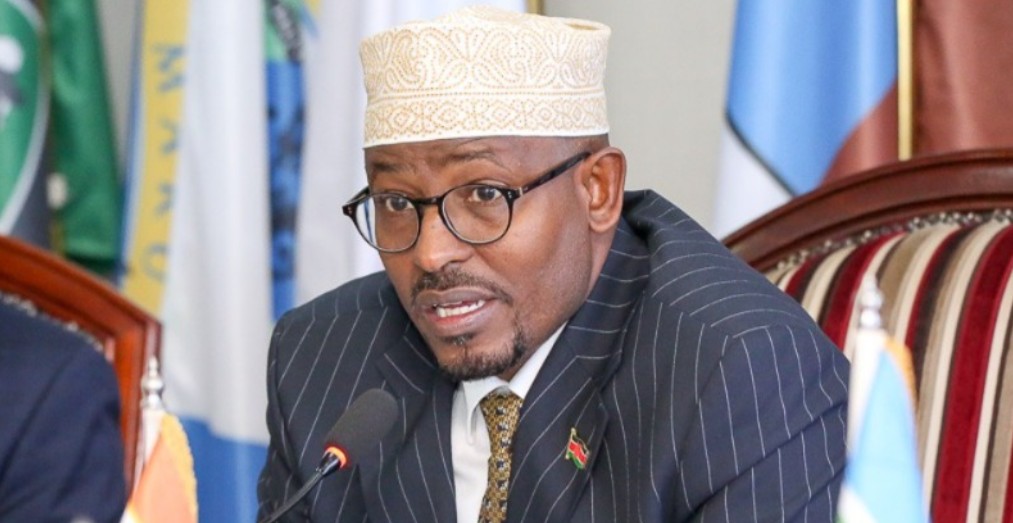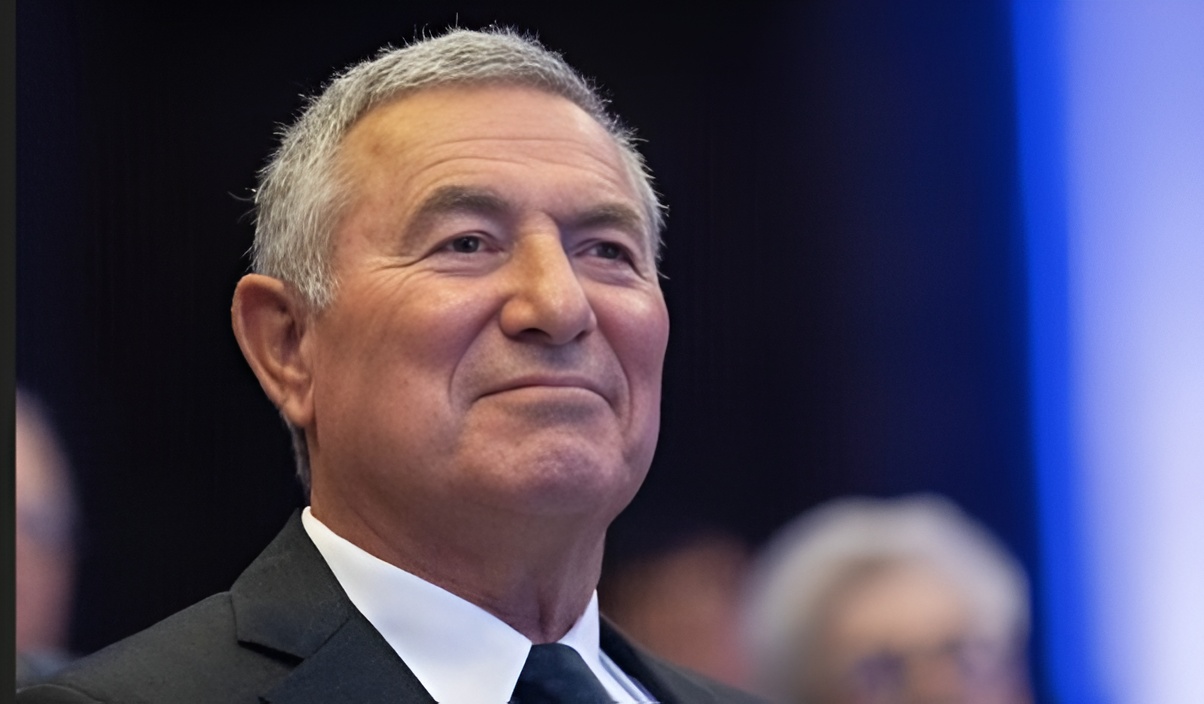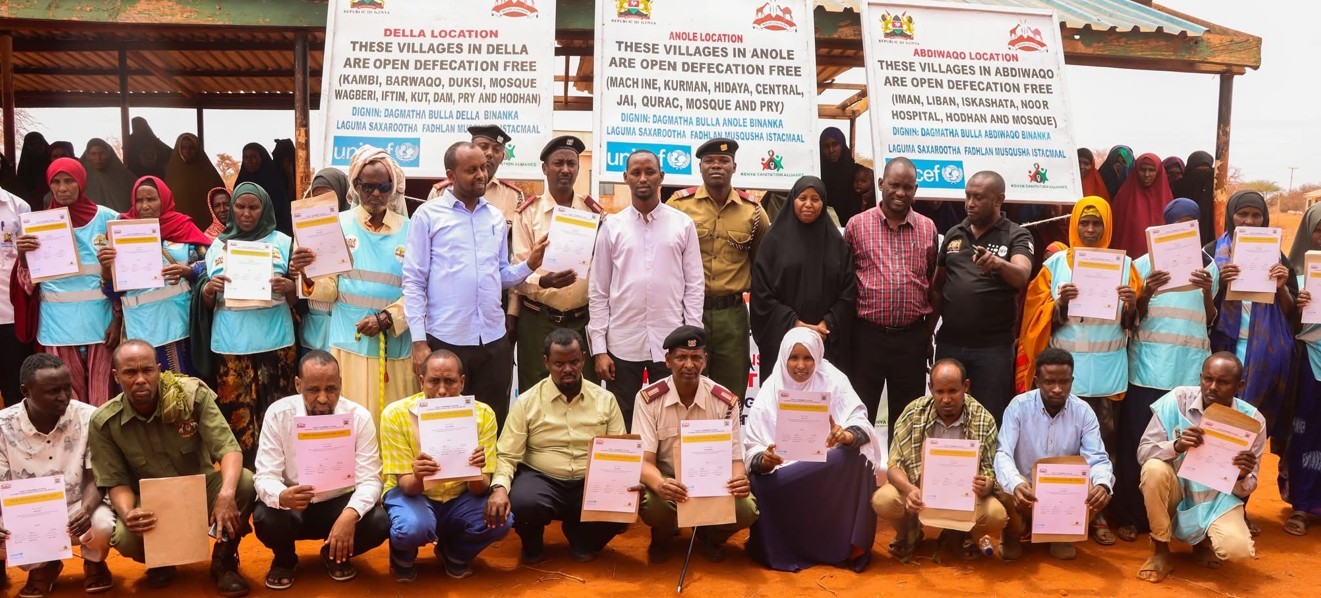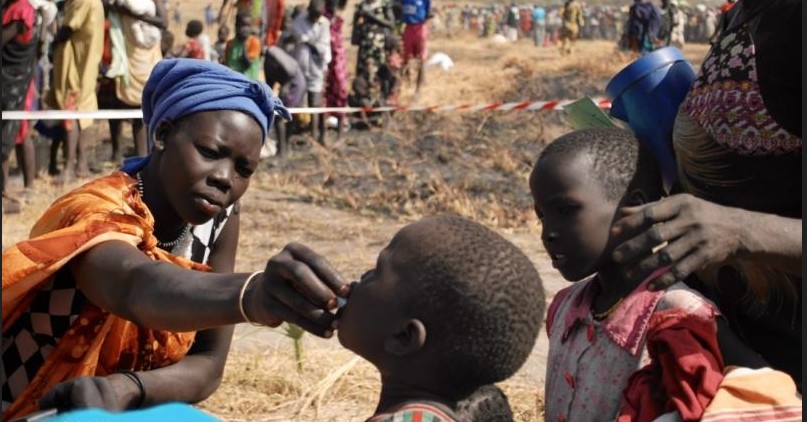Bangladesh awaits interim government, army chief to meet protesters

Student leaders, who spearheaded a movement against job quotas that turned into a call for Hasina to resign, said that they want a new interim government with Nobel Peace laureate Muhammad Yunus as its chief adviser.
Bangladesh's army chief will meet student protest leaders on Tuesday as the country awaits the formation of a new government a day after Prime Minister Sheikh Hasina resigned and following a violent uprising against her that killed hundreds.
Student leaders, who spearheaded a movement against job quotas that turned into a call for Hasina to resign, said early on Tuesday that they want a new interim government with Nobel Peace laureate Muhammad Yunus as its chief adviser.
More To Read
- 19 killed as Bangladeshi air force jet crashes into school building in Dhaka
- Leaked audio implicates former Bangladesh PM Hasina in deadly 2024 protest crackdown
- Bangladesh: Exiled ex-PM Sheikh Hasina on trial
- In world's largest refugee camps, Rohingya mobilise to fight in Myanmar
- Wounded and grieving, Rohingya flee deadly attacks in Myanmar
- Former Bangladesh PM Hasina demands probe into July 'killings and vandalism'
"Any government other than the one we recommended would not be accepted," Nahid Islam, one of the key organisers of the student movement, said in a video on Facebook with three other organisers. "We wouldn't accept any army-supported or army-led government."
"We have also had discussions with Muhammad Yunus and he has agreed to take on this responsibility at our invitation," Islam added.
Nobel Peace Prize
Yunus, 84, and his Grameen Bank won the 2006 Nobel Peace Prize for work to lift millions out of poverty by granting tiny loans of under $100 to the rural poor of Bangladesh but he was indicted by a court in June on charges of embezzlement that he denied.
Yunus did not immediately respond to a request for comment.
Bangladesh Army Chief General Waker-Uz-Zaman plans to meet the protest organisers at noon local time (0600 GMT) on Tuesday, the army said in a statement, a day after Zaman announced Hasina's resignation in a televised address and said an interim government would be formed.
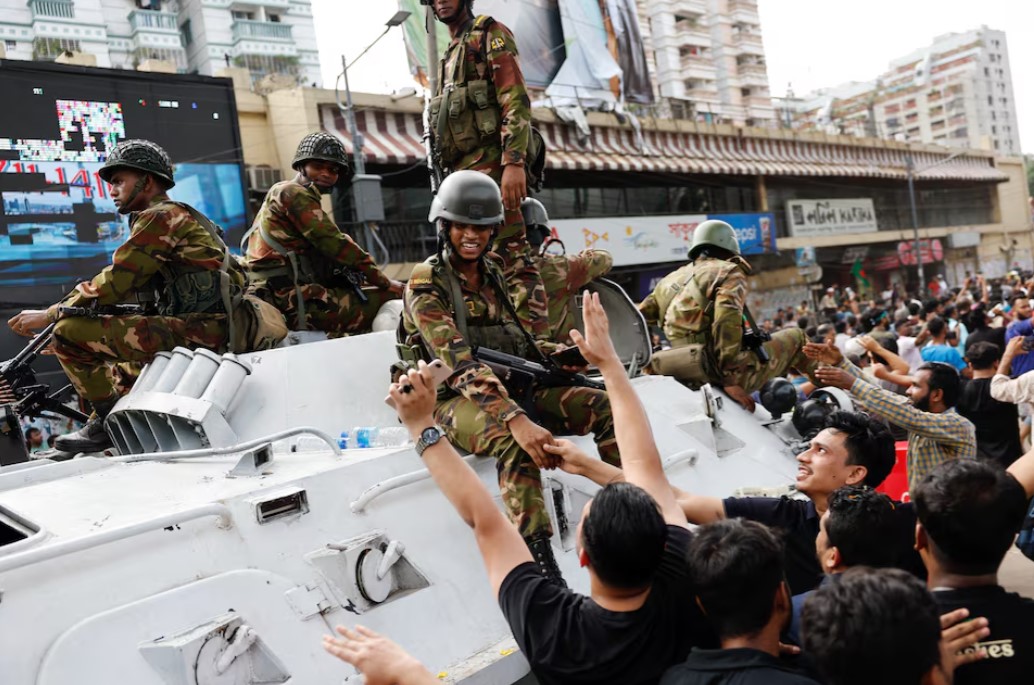 People shake hands with army personnel as they celebrate the resignation of Bangladeshi Prime Minister Sheikh Hasina in Dhaka, Bangladesh, August 5. (Photo: REUTERS/Mohammad Ponir Hossain)
People shake hands with army personnel as they celebrate the resignation of Bangladeshi Prime Minister Sheikh Hasina in Dhaka, Bangladesh, August 5. (Photo: REUTERS/Mohammad Ponir Hossain)
Zaman said he had held talks with leaders of major political parties - excluding Hasina's long-ruling Awami League - to discuss the way ahead and was due to hold talks with President Mohammed Shahabuddin.
An interim government will hold elections as soon as possible after consulting all parties and stakeholders, President Shahabuddin said in a televised address late on Monday.
He also said that it was "unanimously decided" to immediately release the opposition Bangladesh Nationalist Party (BNP) chairperson and Hasina's nemesis, Begum Khaleda Zia, who was convicted in a graft case in 2018 but moved to a hospital a year later as her health deteriorated. She has denied the charges against her.
A BNP spokesperson said on Monday that Zia, 78, was in hospital and "will clear all charges legally and come out soon".
Hasina, 76, had ruled since winning a decades-long power struggle with Zia in 2009. She landed at a military airfield, Hindon, near Delhi on Monday after leaving Dhaka, two Indian government officials told Reuters, adding that India's National Security Adviser Ajit Doval met her there.
They did not elaborate on her stay or plans. The Indian Express newspaper reported that Hasina was taken to a "safe house" and she was likely to travel to the United Kingdom. Reuters could not immediately verify the report.
Top Stories Today
